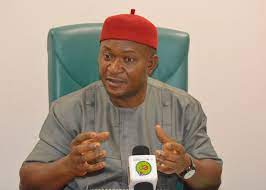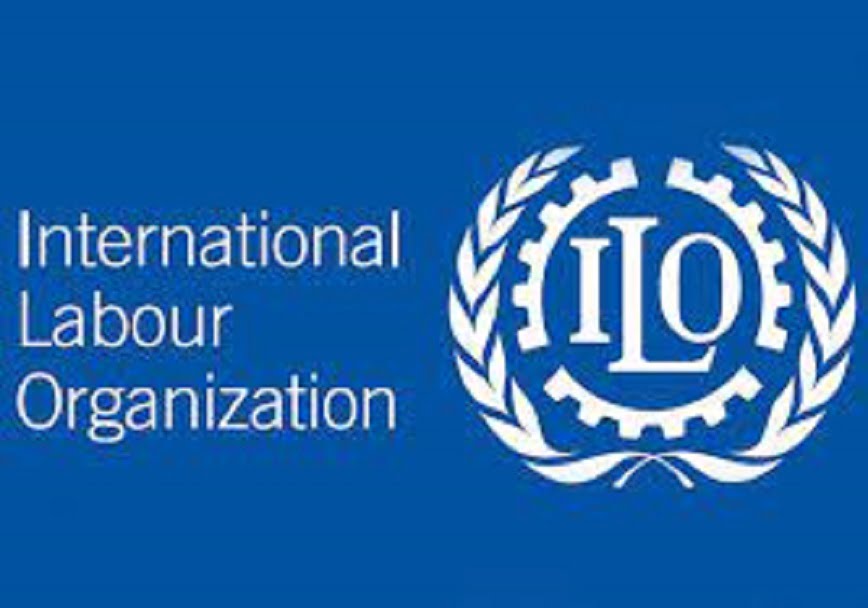A fierce debate erupted in the Nigerian House of Representatives on Thursday as lawmakers clashed over a proposed bill to expand the influence of Sharia law in the nation, igniting a wave of heated exchanges and firm resistance from some members. The controversial bill, which seeks to implement aspects of Islamic governance, met with vocal opposition, with legislators stressing that Nigeria’s secular foundation must be upheld.
The debate began when the bill, introduced by a northern representative, proposed amendments to grant Sharia law broader jurisdiction within states that choose to implement it, sparking immediate reactions from members concerned about the bill’s potential to impose Islamic governance nationwide. Some members warned that such a move could endanger Nigeria’s unity, given its diversity in religious beliefs.
One of the opposing lawmakers passionately asserted, “You cannot Islamize Nigeria. Our nation’s constitution provides for freedom of religion, and we cannot set a precedent that undermines the country’s secular framework.” The lawmaker’s remarks were met with applause from like-minded representatives who argued that the proposal, if passed, would violate Nigeria’s commitment to equal representation for all religions.
Amid the heated exchanges, proponents of the bill argued that it simply aims to provide options for states with predominantly Muslim populations, emphasizing that it would not infringe upon other religious practices. Supporters called for an open-minded approach to the bill, noting that the flexibility to adapt governance based on regional preferences could promote harmony.
The intense back-and-forth underscores the sensitivity surrounding religious and governance structures in Nigeria. Lawmakers ultimately resolved to table the bill for further deliberation, directing it to relevant committees for an in-depth review of its constitutional implications and societal impact.
The divisive debate has since sparked widespread reactions on social media, with citizens voicing concerns about the nation’s trajectory and underscoring the importance of religious inclusivity in policymaking. Many urged the House to focus on issues that promote national unity, as Nigeria continues to navigate complex socio-religious dynamics.





